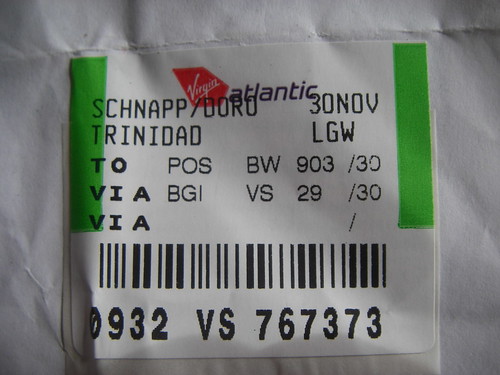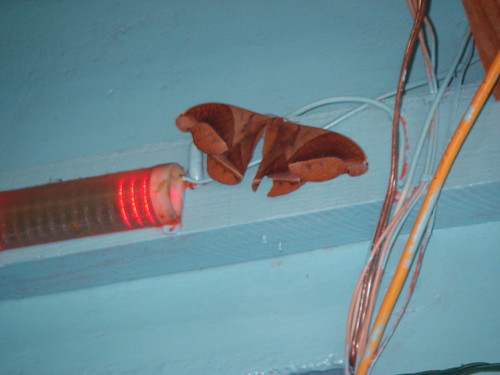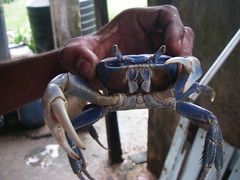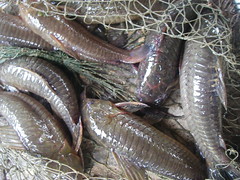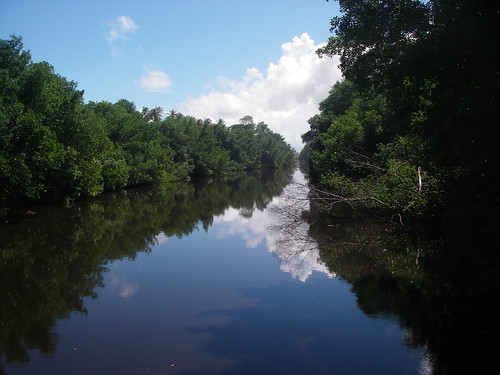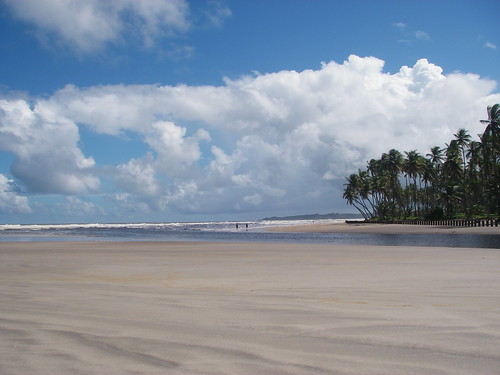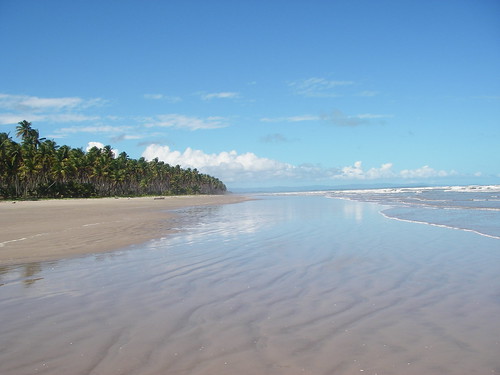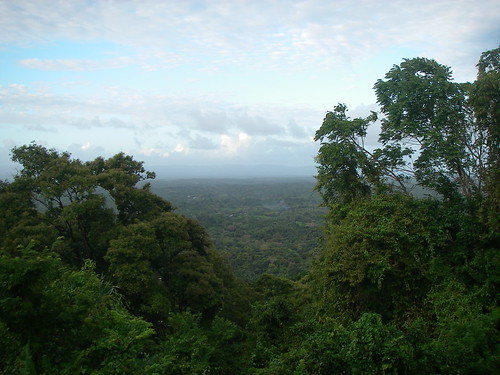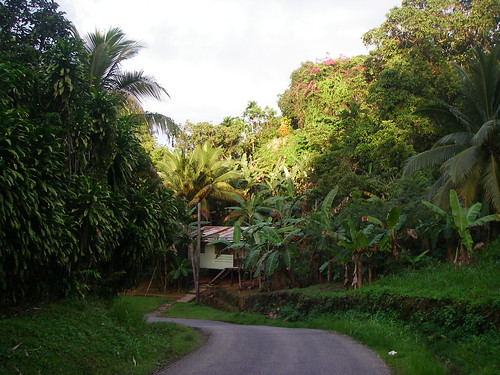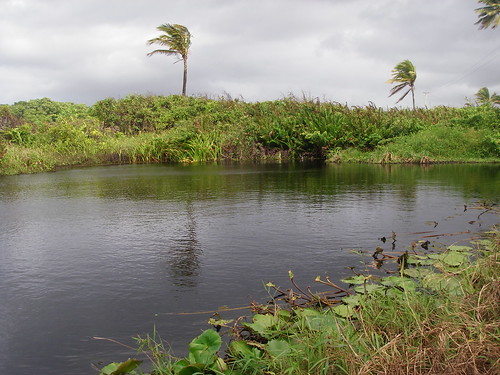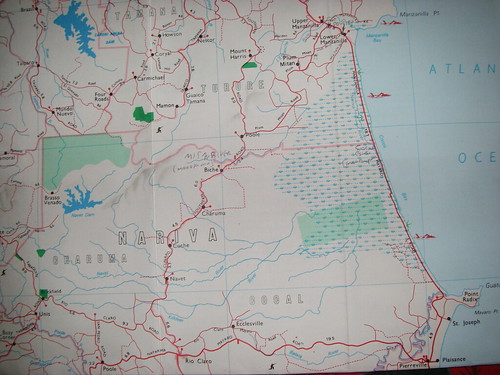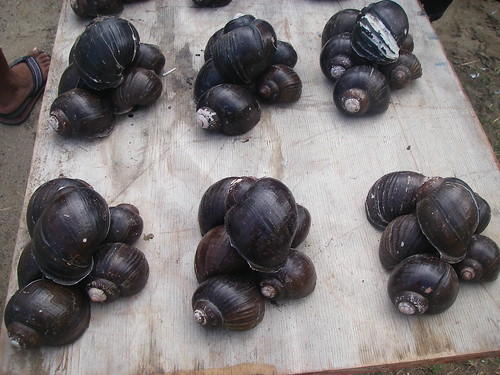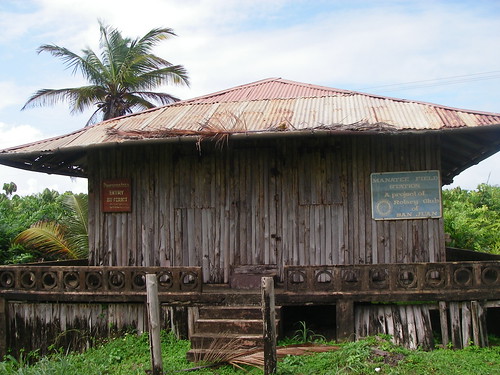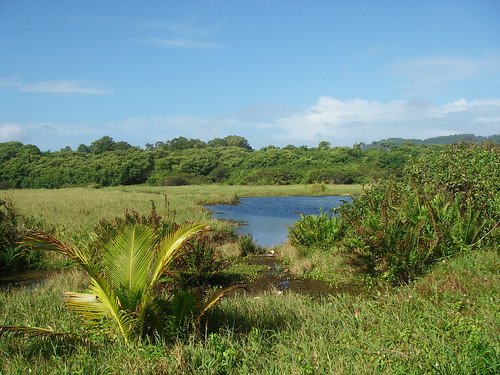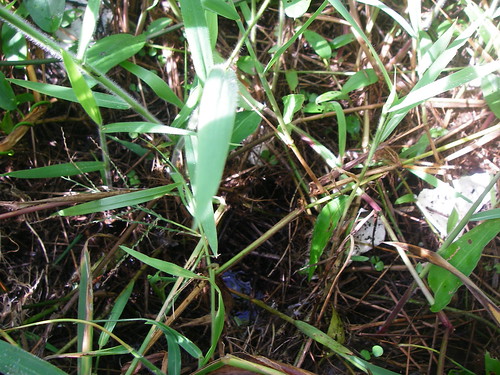Cast Adrift
Wednesday, March 23rd, 2011‘There are places in the world that will welcome you and where you can live. But the UK isn’t one of them.’
(Quote from a forum)
……………………………………
What was I thinking?
To my dismay I have discovered that I don’t have much money left. The TEFL experiment has reduced my nest-egg to almost nothing. There is just enough for a plane ticket to somewhere where there isn’t much competition and the living is cheap.
Costa Rica sounds like a cozy little paradise, but unfortunately I’m not the only one to think that. The rise in gun crime in San José may have scared away some of the gringos, but not enough of them. They get away with paying 4$ an hour, which is considerably less than Thailand.
Colombia may be a better option. The majority of gringos are wetting their knickers at the thougt of the drug war, but that has nothing to do with backpackers or TEFL teachers. However, travel to South America involves yellow fever vaccinations and malaria pills and for me it’s no longer a question of strolling down to the local surgery. And even if it was, I wouldn’t have enough dosh to spare.
But these days the wetting of knickers may apply to Mexico too. I don’t know whether it’s just the north—desert climate and macho men don’t appeal to me. But how choosy can I get? Who the hell wants a German TEFL teacher?
Come to think of it, there was a vacancy for a German teacher in China…
